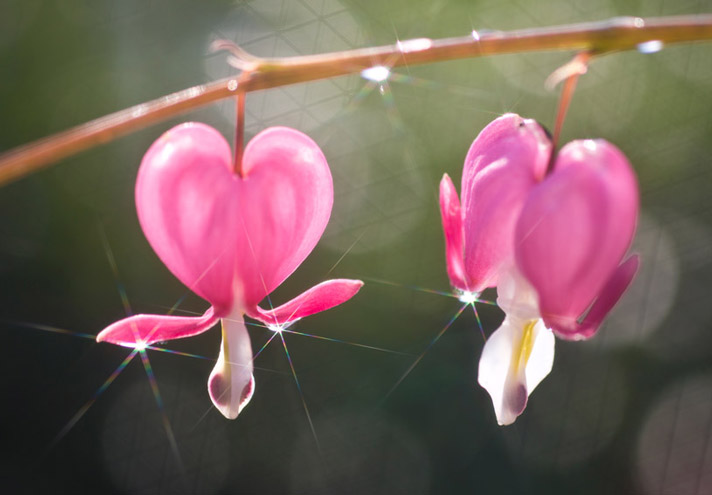Introduction: The Death of a Child is Like No Other Death

The death of a child is like no other death – it has been described as the ‘ultimate loss’, a loss of hopes and dreams, a loss of part of oneself as a parent, the loss of a role and purpose in society, a loss of a future with your child. This grief is not only painful, but profoundly disorienting – children are not supposed to die. The death of your child has the potential to create lifelong changes in you as a person, as a couple, and in your family and your networks. Such a death usually causes immense personal distress and interferes with your normal every day functioning, your family togetherness and broader social relationships. You will be forever changed, as will your key relationships.
As bereaved parents, you must deal with the contradictory burden of wanting to be free of this overwhelming pain and yet needing it as a reminder of the child who died. Through the following pages, we are shown, through the words of bereaved parents, that there is a pathway to survival and living once again.
The following articles share the thoughts and feelings of parents who have experienced the sudden and unexpected death of their baby or young child. The parents who contributed to these articles generously and courageously shared their reflections, insights, thoughts and feelings that followed the death of their children. We learn what continues to guide and support them on their journey of grief. Their stories are offered in the hope that no family feels they are grieving alone.
“When my daughter died in April 1996, aged nine months, I felt entangled in a cruel web of emotions, sometimes spiralling out of control, sometimes colliding, sometimes overwhelmingly lost, suspended in a place where I did not want to be. I did not know whether I could find my way free from the chaos of grief. I felt spiritually, emotionally and physically bruised and battered.
We had not planned for the death when we decided to make our family. I did not know what processes to expect, if we had any choices, or if we would in fact survive after the nightmare began. Although my family and friends surrounded us, I wanted to know why, I wanted to try and understand and find answers and, most of all, I wanted to know where it would lead me in the future. One of the most helpful things for me was to begin to listen to the experience of others. I wanted more personal stories and I wanted to know that I was not alone or heading for madness or mental instability! Everyone’s story is different but so much of what we need to ‘go through’ is similar.”
“Over time I was able to smile again. But when she died, I felt life was not worth living.”
This article was prepared using extracts from Your Child has Died: Some Answers To Your Questions.1 The full text is available online or contact Red Nose Grief and Loss Services on 1300 308 307 for a printed version.
Last reviewed: 12/9/25
Share
- Same, D. & Bereaved Parents & Red Nose Grief and Loss Services. (2016). Your Child has Died: Some Answers To Your Questions: A Booklet for Bereaved Parents whose Young Child has Died Suddenly and Unexpectedly. Malvern, Vic.: Red Nose Grief and Loss Services.



